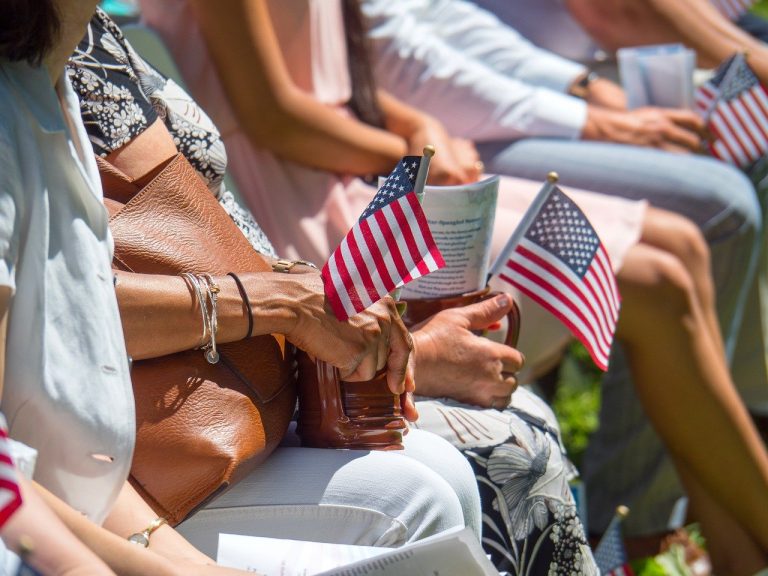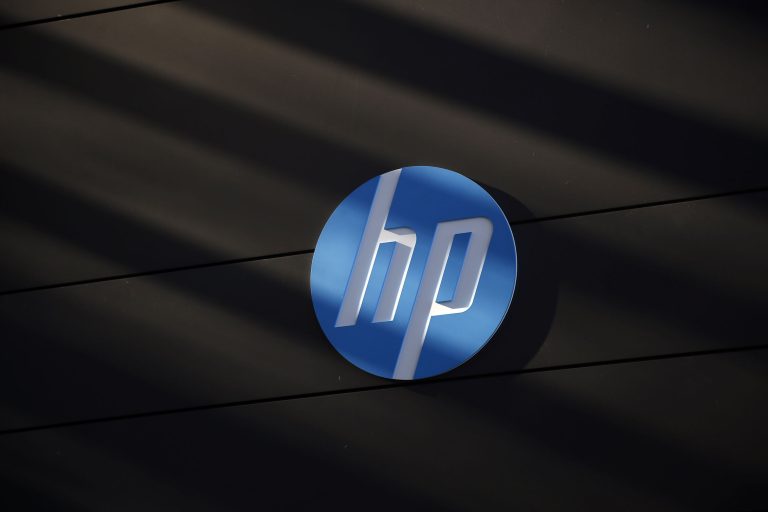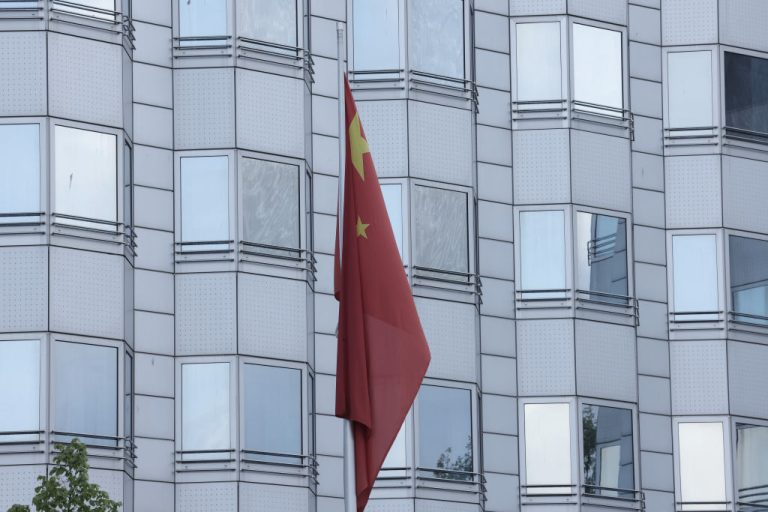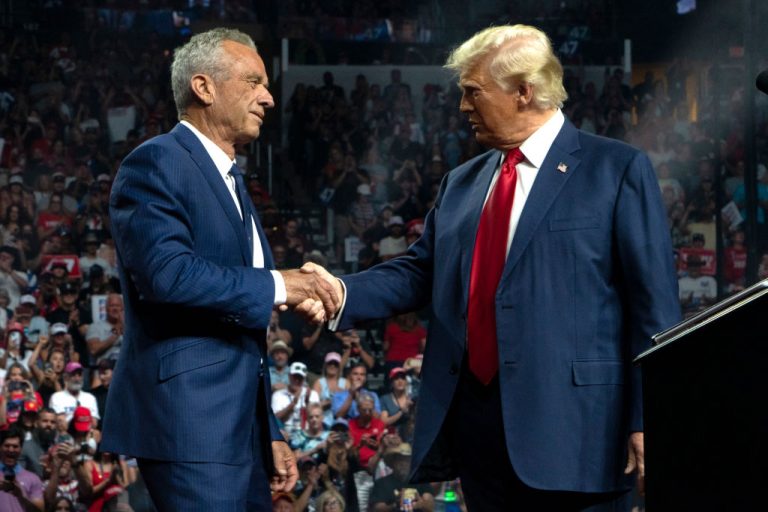Chinese state-run Global Times recently published an article that hailed American state governments and Chinese provinces for “seeking to boost subnational economic and trade cooperation” via subnational deals amidst “tense bilateral ties” triggered by “Washington’s hardline policies towards Beijing.”
Representatives from New York, Iowa, California, and other states participated in an online forum for economic cooperation run by China’s Ministry of Commerce (MOFCOM). Two of the states, New York and California, are run by Democrat governors.
Around 150 government officials and business representatives from numerous Chinese provinces participated in the event. New York State Lieutenant Governor Kathy Hochul said that they have had a long partnership with China, and that they look forward to “continuing this relationship in the future.” She added that the state is committed to promoting “win-win economic development.”
Chicago governor Lori Lightfoot, a Democrat who was recently sued for allegedly denying an interview with a white reporter, also attended the event. She stated that the city plans to “seek cooperation with China” as part of its Coronavirus Disease 2019 (COVID-19) economic recovery plan that includes investments in life sciences, food processing, transportation, and manufacturing.
“Such [a] cooperative approach from US states stood in stark contrast to the US federal government’s aggressive policies toward China, including clampdowns on Chinese businesses,” reported the Global Times.
Success
You are now signed up for our newsletter
Success
Check your email to complete sign up
Mei Xinyu, a research fellow at the Chinese Academy of International Trade and Economic Cooperation of China’s Ministry of Commerce, accused “anti-China forces” in the United States of trying to decouple economic ties between the two countries. “But there are strong complementarities in bilateral trade, and they will never be able to eliminate this reality, no matter what the US federal government does,” Mei said.
In February 2020, the then-U.S. Secretary of State Mike Pompeo had warned at the National Governors Association Winter Meeting that competition with China “is not just a federal issue.” He said that a Chinese government-backed think tank in Beijing produced a report in 2019 that classified all 50 governors in America based on their attitude towards China as “friendly,” “hardline,” or “ambiguous.”
“Whether you are viewed by the CCP as friendly or hardline, know that it’s working you, know that it’s working the team around you. Competition with China is happening inside of your state, and it affects our capacity to perform America’s vital national security functions,” he said.
Pompeo also warned that the Chinese regime has methodically analyzed America’s “open system,” assessed the country’s vulnerabilities, and decided to “exploit our freedoms” to gain advantages over the U.S. at the local, state, and federal levels.
Belt and Road Initiative
In April 2019, California’s Democrat Lieutenant Governor, Eleni Kounalakis, took part as an invited guest at a One Belt One Road Subnational Forum held in Beijing. She said it was an “honor” to attend the conference, and advocated for a partnership between California and China with regard to climate change.
“China has the opportunity, through BRI [Belt and Road Initiative], to help set new standards in the world not just for addressing climate change, but for all aspects of environmental protection beyond those I’ve discussed today,” she said. China is currently the largest polluter in the world.
In June 2019, Democrat Representative Ted Lieu sponsored H.R. 3571, the City and State Diplomacy Act, which seeks to establish an Office of Subnational Diplomacy within the Department of State. The office would “supervise federal support for engagement by state and municipal governments with foreign government.” The bill is yet to be passed.
In Australia, the local Victorian state government signed a Memorandum of Understanding (MOU) with China’s ambassador to Australia in 2018, formally endorsing Beijing’s BRI project. The agreement was initially signed in secret, with the Victorian government only releasing the text of the deal following an outcry from Australian Prime Minister Scott Morrison, according to The Diplomat.
In an interview with The Guardian, Australian Strategic Policy Institute director Peter Jennings said that the agreement could be seen as inappropriate “political interference” from China. “They didn’t get the answer they wanted from one jurisdiction… so they went to another one, really with the effect of undermining the federal government’s position,” Jennings said.
With reporting by Arvind Datta.







